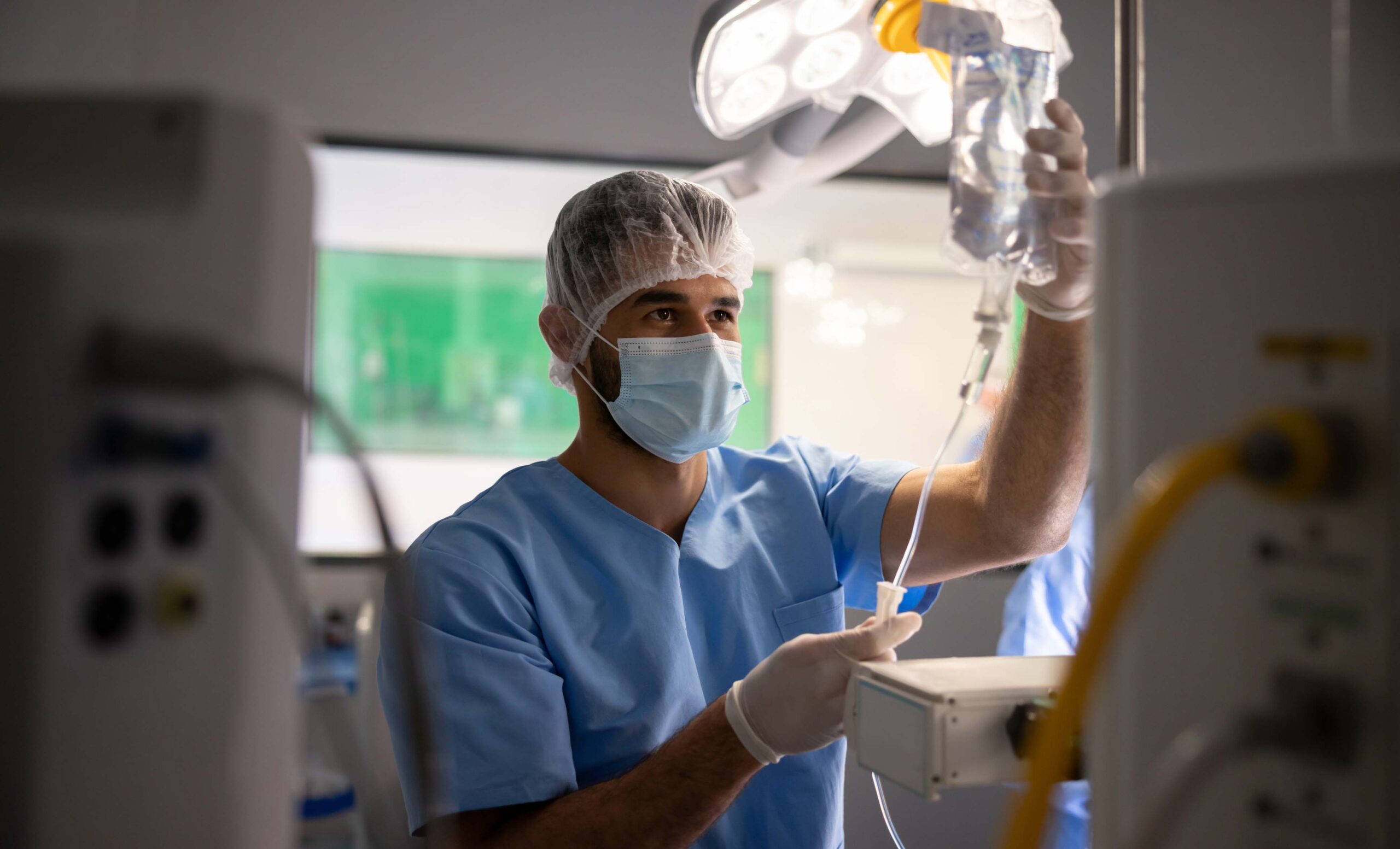The number of anaesthesiologists will need to nearly double by 2038 to meet rising levels of demand, a new HSE National Doctors Training and Planning (NDTP) report has found.
The report Anaesthesiology: Medical Workforce in Ireland 2023-8 stated there were approximately 520 consultant anaesthesiologists working in Ireland as of March 2023. Of these, 462 consultants worked in publicly funded hospitals.
According to the NDTP, there should be approximately 1,000 consultant anaesthesiologists in place by 2038.
“This will result in a figure of 17.7 consultant anaesthesiologists per 100,000 of the population,” outlined the report.
“Based on this report, if the total headcount figure of 1,000 consultant anaesthesiologists by 2038 is to be achieved by training alone, the annual intake of SATs [specialist anaesthesiology trainees] will require to increase from 50 trainees (2023) to 90 trainees by 2026 and 90 trainees annually thereafter up to 2030, based on an attrition rate of 20 per cent.”
As of March 2023, the proportion of consultant anaesthesiologists was 10.4 per 100,000 of the population, which was “considerably lower than comparable countries”. The document highlighted that 249 consultants were expected to leave the public sector due to retirement by 2038.
The NDTP also recommended that provision should be made for less-than-full-time posts for training and consultant positions.
The report further recommended that the development of an associate specialist grade of anaesthesiology doctor “should be considered” for non-training scheme doctors who are not eligible to obtain a certificate of satisfactory completion of specialist training or enrolment on the specialist register.
Writing in the foreword, Dr Michael Dockery, Clinical Programme Lead, National Clinical Programme for Anaesthesia, highlighted “variable factors” that should be reviewed in three-to-five years. These variables included the impact of the new public-only consultant contract, the development of new surgical hubs, and of elective hospitals.
A HSE spokesperson told the Medical Independent the NDTP expects to publish workforce plans “for the dual training specialties of medicine and for specialties of surgery in 2024”.
“It is planned that a full suite of medical workforce plans will be available by 2025,” the spokesperson added.
Meanwhile, the NDTP also published the Annual Medical Retention Report 2023 in February.
According to the report, on average 50 per cent of doctors who were interns in the 2015-2022 period left the Irish health system the year after their internship.
“However, the vast majority subsequently return to take up a training post,” the report stated. Some 82 per cent of 2015-2018 interns had commenced basic specialist training or GP training prior to 2023. The retention rates of Irish interns were “substantially higher” than EU/UK or non-EU interns.
For the 2015-2018 period, on average 87 per cent of Irish doctors returned to the Irish public health system by 2023. This compared to 63 per cent of EU/UK doctors and 59 per cent of non-EU doctors.













Leave a Reply
You must be logged in to post a comment.